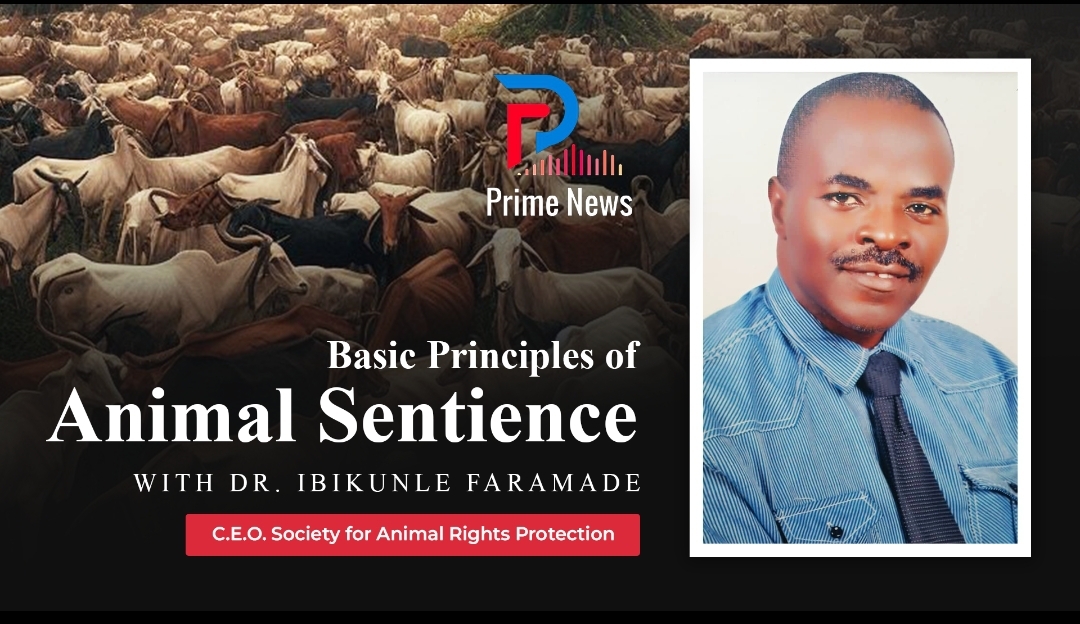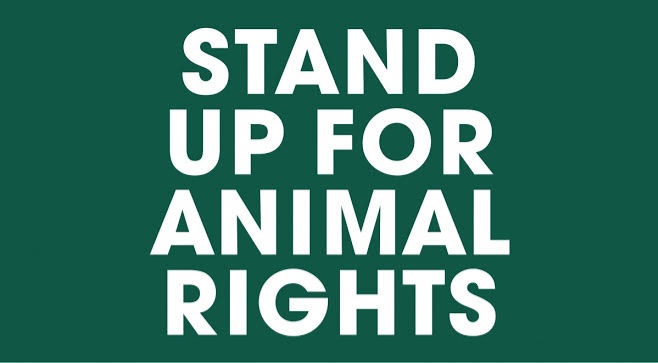 By Dr Ibikunle Faramade
By Dr Ibikunle Faramade
Emergency preparedness may be defined as the cumulative efforts put together in anticipation of all kinds of unforeseen and unexpected dangerous situations which may involve destruction of physical infrastructures and loss of lives. Emergency situation may arise due to many reasons including; disease outbreaks, natural disasters such as flooding, wild fire, security breaches leading to civil unrest, famine etc. The list is endless. In contrast, disaster management is concerned with efforts directed towards mitigation of an existing disaster. The type of disaster will determine the kind of management deployed to mitigate it. Prevention efforts and coordinated responses to disasters save lives and reduce the socio- economic losses associated with such emergencies.
There are two types of disasters viz; (i.) Man-made or anthropogenic disasters which occur due to human errors or failure of (human) artificial systems such as industrial explosions, structural (building and bridge) collapse, epidemic diseases due to failure to uphold sanitary regulations and (ii.) Natural disasters such as natural phenomena such as earth quakes, drought, famine, tsunami, volcanic eruptions, floods etc. No human government anywhere in the world has control over natural disasters. When it happens, the only way out is management.
Nigerian government, in response to the challenges pose by disasters established National Emergency Management Agency (NEMA), with clear mandates to engage in emergency preparedness and actionable mitigation plans among others, anytime emergencies rear their ugly heads. For the sake of efficiency, this has been decentralized to the State (State Emergency Management Agency) and Local government (Local Emergency Management Agency) levels, to run concurrently. These agencies have recorded variable level of successes over the years. The national flood disaster of 2011-2012, the collapse of Alau dam in Maiduguri, Borno State in 2024, Ibadan massive explosion of January, 2024 and several fire outbreaks are few examples of disasters that cannot be forgotten in a hurry.
 However, in Nigeria, emergency preparedness and disaster management seem to focus on addressing the sufferings of human victims. In many instances, no emergency response or rescue operations are intentionally targeted at animals that may be within the same environment with human victims. While the efforts of NEMA and SEMA are appreciated, we need to learn from the way similar situations were handled in other climes so that we may have better outcomes in our determination to mitigate disasters in our country.
However, in Nigeria, emergency preparedness and disaster management seem to focus on addressing the sufferings of human victims. In many instances, no emergency response or rescue operations are intentionally targeted at animals that may be within the same environment with human victims. While the efforts of NEMA and SEMA are appreciated, we need to learn from the way similar situations were handled in other climes so that we may have better outcomes in our determination to mitigate disasters in our country.
During emergencies such as periodic wildfire, Non- Governmental Organizations cooperate with the government to provide relief, not only for humans, but for animals (domestic and wild) which may be affected. This include creation of new habitats to meet the need of distress and displaced animals etc. In Nigeria, Non –Governmental Organizations should do more by working together to achieve common goal. For example, the Blue Cross of India (the oldest animal welfare organization in India) and the FOUR PAWS joined forces to protect, care and rescue thousands of animals in India during disasters. They embarked on such interventions such as provision of shelter facilities for rescued animals including dogs, cats, cattle, goat, horses etc., provision of round-the-clock ambulatory services, animal birth control, clinic facilities, water bowl project (providing water for stray animals) and promotion of pet adoption.
In response to the wildfire at Los Angeles, California, United States of America, very recently, Non-Governmental Organizations worked tirelessly to ensure that animals caught in the ‘fire web’ were rescued. Such Organizations includes; In Defense of Animals, Viva Rescue, Love Always Sanctuary, Kinship Circle, West Valley Animal Shelter. All these partnership led to reduction of suffering of animals while promoting sustainability of species. Similar efforts were invested in Australia anytime there is massive bush fires, e.g. 2019 and 2024.
 The California Animal Response Emergency Support (CARES), under the Animal Health and Food Safety Services Division of the California Department of Food and Agriculture (CDFA) undertake the responsibilities related to disaster in which animals are involved. They are also in charge of overseeing the activities of volunteer organizations, making things work seamlessly.
The California Animal Response Emergency Support (CARES), under the Animal Health and Food Safety Services Division of the California Department of Food and Agriculture (CDFA) undertake the responsibilities related to disaster in which animals are involved. They are also in charge of overseeing the activities of volunteer organizations, making things work seamlessly.





For us in Nigeria, it is imperative for each of the 36 States and the Federal Capital Territory, Abuja to have similar, well defined structures for animal rescue during emergencies and disasters. The activities of various related NGOs could then be properly channeled and harnessed for the good of the Society.
Funding is a major limitation for many NGOs (including the Society for Animal Rights Protection), except those that are externally funded by International Funding Agencies. Public spirited individuals, including men and women of goodwill should therefore rise to the occasion by supporting the efforts of NGOs with funding. Corporate bodies could also take this up as part of their Corporate Social Responsibilities. This may be in form of periodic grants to boost their activities. This requires attitudinal reorientation and understanding that animals are sentient beings with important roles in the ecosystem.
Building a home grown system in the interest of humanitarian (charitable) services directed to human and animals hold the promise of repositioning us as a people from all forms of oppressive tendencies directed to fellow humans (usually described as man inhumanity to man) and from cruel animal oppressors to animal welfare promoters. Anyone who cannot hurt an animal cannot hurt a fellow human!
It is on record that all the countries that are committed to the promotion of animal welfare have corresponding visible high degree of human livelihood support systems, all round well-being and protection of human rights and welfare, including maintenance of high degree of social order to the benefit of all. This is certainly the way to go.
Dr. Ibikunle Faramade is a veterinary pathologist, sustainable development practitioner, animal welfare advocate and a lecturer at the Federal College of Animal Health & Production Technology, Apata. Ibadan. He’s the C.E.O of the Society for Animal Rights Protection, a non-profit and a non-governmental organization dedicated to the promotion of animal welfare, animal rights and prevention of cruelty to animals. animalrightsprotection2020@gmail.com , +2348028305284





